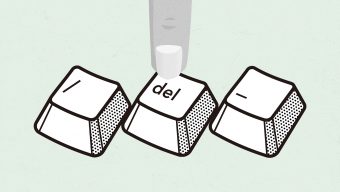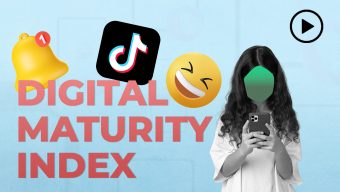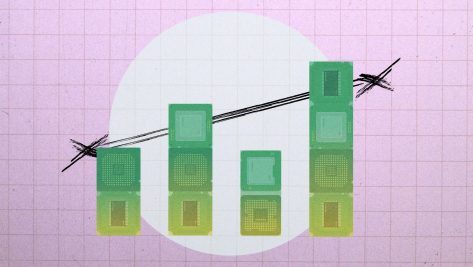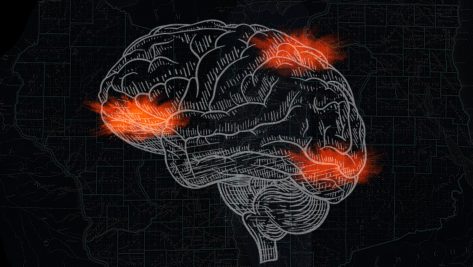When discussing the digital age, we tend to begin with the automatic reflection that technology is transforming the world around us and that it simultaneously poses endless opportunities and enormous challenges. This entry into the conversation has been recently accompanied by a post script regarding the pandemic, because COVID-19 is increasing the technological disruption of our lives.
The problem with this catch-all regarding the digital age is that our intense consumption of social networks, digital media, streaming entertainment, and its surrounding web of artificial intelligence, has us so addicted and devoted that the line between benefit and risk has blurred and we have been anesthetized to the alarming consequences of our technological ignorance.
Our ignorance is the great risk, since technology has an infinite number of positive sides to it. And this is where education can – must – play an essential role. We need a new educational model for the digital age. No education system in Europe has yet managed to benefit from the objectives that the digital age brings to education: first, to train individuals in digital skills; second, to use technology to exponentially improve the learning experience through liquid learning and hybrid offerings; and third and most importantly, to provide spaces for reflection on the aforementioned risks, such as the one taking place this week at enlightED.
According to a study by IE University’s Center for the Governance of Change conducted in April, 65% of Europeans under 55 years of age are comfortable with their skill set and do not believe that, in the next 10 years, a robot will be able to do their job better than them. In contrast, most Chinese citizens (64%) do think that their work will be done better by a robot. This gap is due mainly to a difference in the training in technological skills and data. Yet, a new global education model should not serve simply to make us aware of our vulnerabilities, but to train us to identify those infinite opportunities available to us through the digital economy.
Secondly, the pandemic has moved the physical classroom into a virtual environment and although it has, initially, reduced the academic experience and does not yet represent a great transformation, it is an important initial contact that allows the education community to become familiar with technology and normalize its day-to-day use. This operational change is in fact quite significant because it allows us to tackle an issue that has long been prevalent in education around the world: standardization or personalization? As Howard Gardner pointed out in his theory of multiple intelligences, we do not all have equal intelligences and therefore we do not all learn in the same manner. Technology allows us to offer modularity in learning and to adapt the speed, format, evaluation, location, methodology, and so on. Thanks to technology we have the opportunity to end the nineteenth-century system of treating students as if they were raw material entering a factory.
Finally, the most important issue in promoting a new educational model is to reflect on the risks with which the digital era presents us. From the moment we wake up to when we go to bed at night (and even then when we are sleeping) our mobile devices continue to calculate and classify everything about us and then use that data without respecting our privacy – a privacy we have likely unconsciously renounced – to enable companies and governments to exert their influence over us.
It is precisely at this point, now, that a new education model is needed most urgently, since we are unaware of the extent of the renunciation of our freedoms, and such ignorance even questions the ability of our society to participate in democracy in a safe manner. Beyond the opportunities offered by training in technological skills or improving the learning experience, we must learn to better understand and speak the language of technology so that we can collectively use it to our benefit rather that submit ourselves to those few who control it.
© IE Insights.











